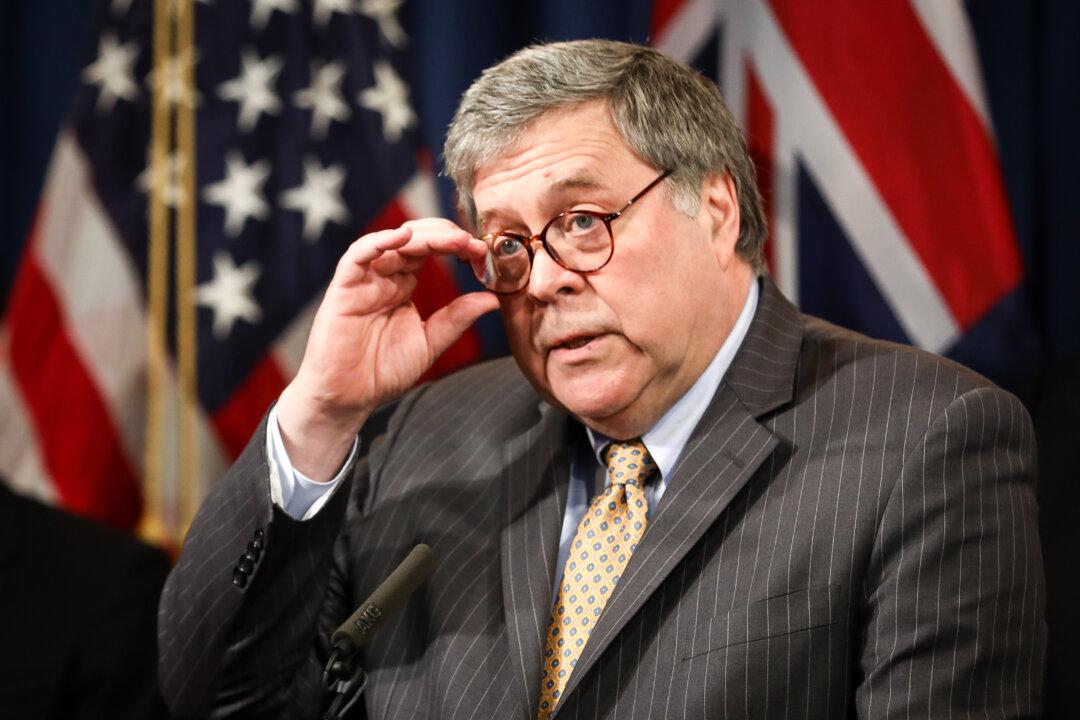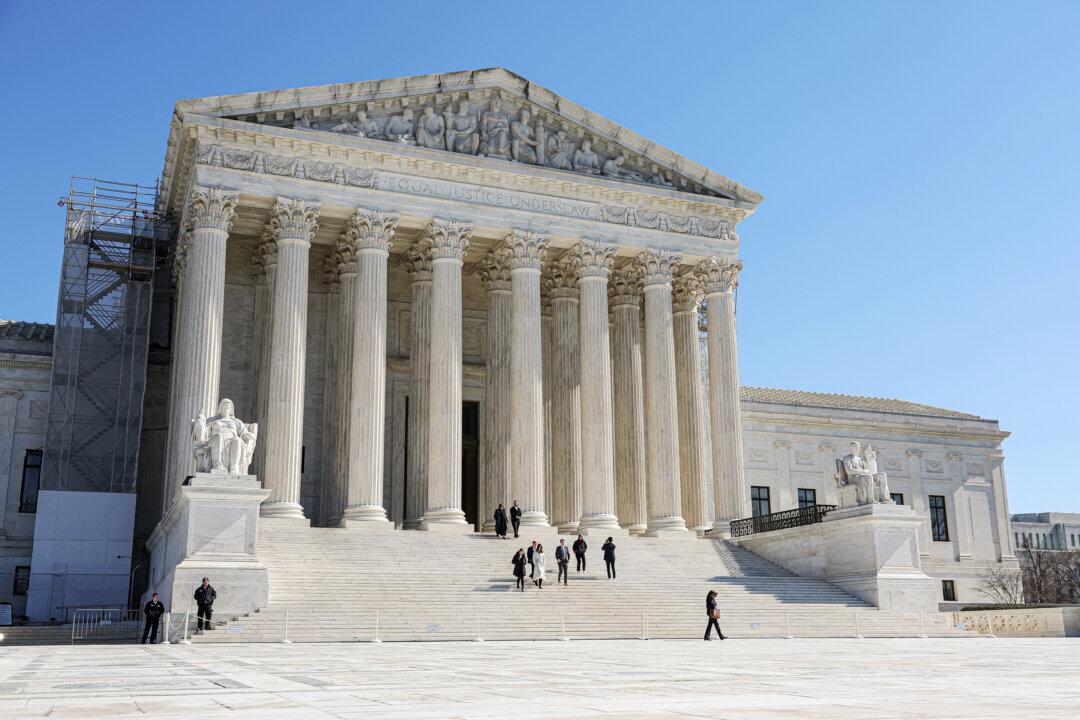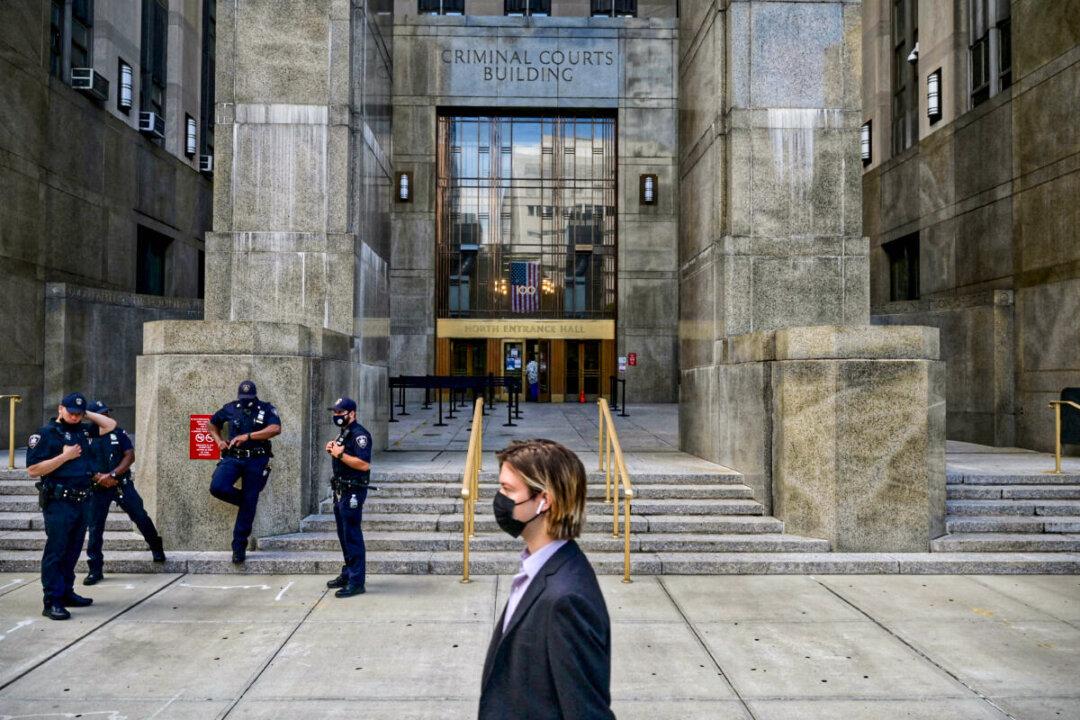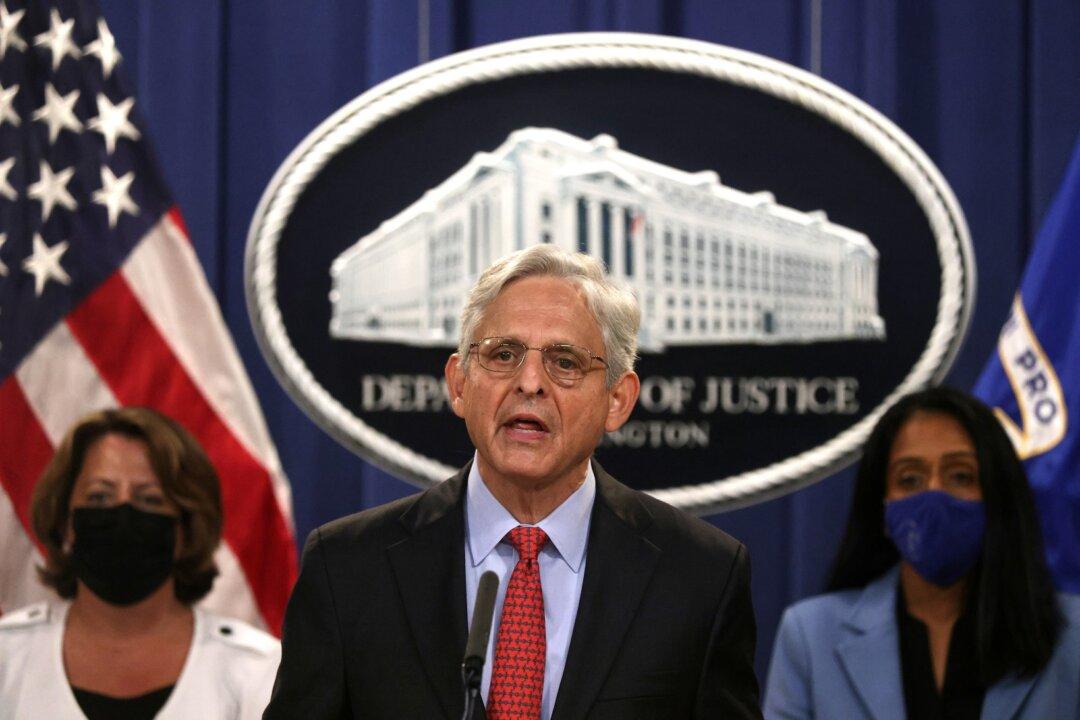Commentary
The ongoing Department of Justice’s investigation into the origins of the FBI’s Russia probe—spearheaded by Attorney General William Barr, with assistance from U.S. attorneys of unimpeachable integrity, including John Durham of Connecticut and John Bash from the Western District of Texas—is reaching a critical juncture.





